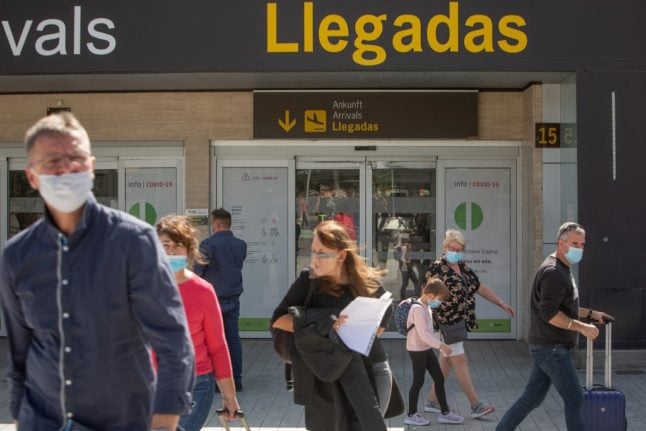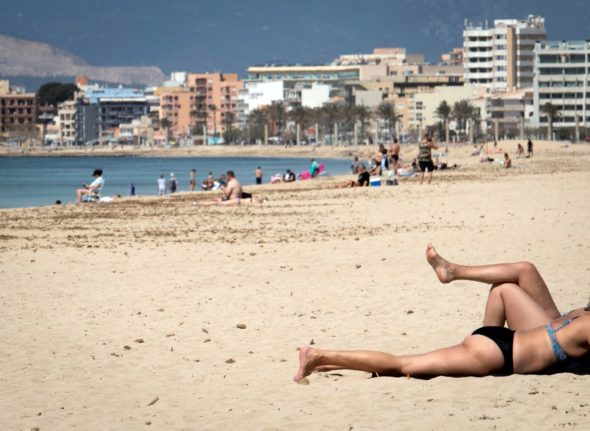At present the EU's external borders are closed to non-essential travel for all countries apart from those on the short list of 'safe' countries but travel within EU however, is allowed for any reason – taking into account individual countries' lockdowns and rules on quarantine/testing for new arrivals.
However, once the Brexit transition period ends on December 31, the UK will become a 'third country', not part of the EU or the Schengen zone, and its citizens will not be automatically entitled to enter the EU.
It will mean that only those travelling for essential journeys, which includes returning to your place of habitual residence, or work reasons will be allowed to enter the EU unless the UK’s coronavirus infection rates drop to below a certain level and can be added to the safe list.
There is a chance that the EU could make a concession and allow the UK as an exception but no decision has yet been taken to do so.
As a precaution the British Embassy in Madrid posted a notice on its Facebook page urging those living in Spain who may be returning to the UK over Christmas to ensure they carry residency documents to ensure they can get back in Spain.
“As some of you will be travelling to the UK for Christmas, we wanted to advise anyone who is travelling to prepare for your return to Spain by carrying your residency documents (the green certificate or the new TIE card) with you, which accredit your residency in Spain,” it said.
And for those who don’t yet have those certificates or TIE card and maybe in the process of applying, the message continued:
“If you live in Spain, but do not yet have these documents, we advise you to travel with any documentation demonstrating that you are a resident, for example: the positive outcome of your residency application, the demonstration that you have applied for residency or any other documentation with you that shows that you are a resident in Spain such as a work contract, tenancy agreement or padron certificate.”
As some of you will be travelling to the UK for Christmas, we wanted to advise anyone who is travelling to prepare for…
Posted by Brits in Spain on Monday, 14 December 2020
British travellers have also been warned to ensure that they have adequate health insurance for trips after January 1st as the EHIC card which guaranteed health care across the EU will no longer be valid.
READ MORE:
- British tourists set to face Europe's Covid-19 travel ban from January
- REMINDER: What Brits in Europe need to know about travel after December 31st
- Brexit checklist for Brits in Spain: Residency, travel, healthcare, pets



 Please whitelist us to continue reading.
Please whitelist us to continue reading.
Member comments